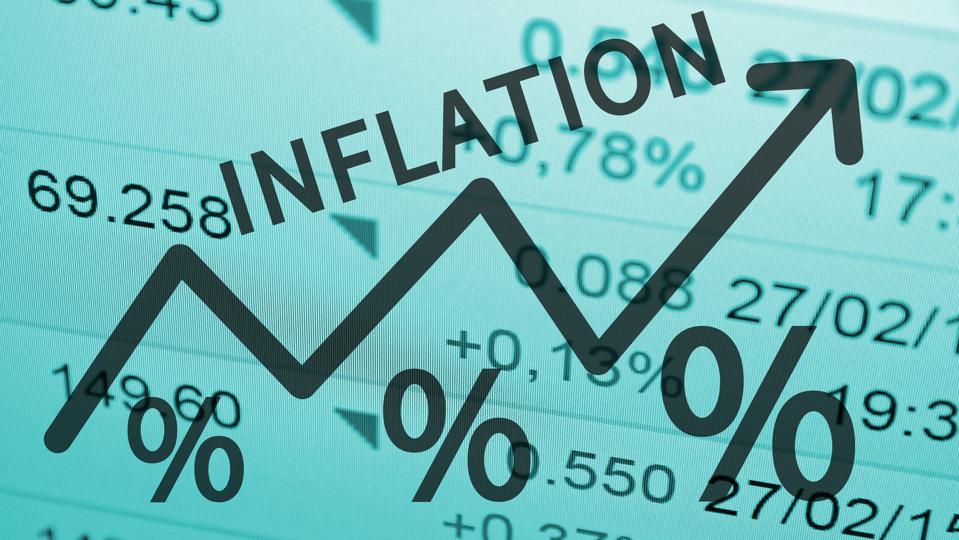
Inflation risks are priced into the market
Everyone is talking about inflation.
And that, of course, includes investors.
According to BofA’s monthly Global Fund Manager Survey published last Tuesday, “higher inflation is now the consensus.” And furthermore “inflation is now again the biggest risk for markets,” as initially identified by 35% of the survey’s 194 respondents who manage a combined $592 billion worth of assets.
Translation: Investors are worried about inflation.
But if investors are broadly concerned about inflation, it suggests stock prices are likely already reflecting these risks and investors have discounted, or priced in, inflation risk into the markets.
While it may not be a perfect analog, it’s worth considering what happened during the early stages of the coronavirus pandemic.
On March 17, 2020, BofA’s Global Fund Manager Survey identified “Coronavirus” as its biggest tail risk, and it remained on the top fo the list for the next 10 months as data consistently and persistently reflected an economy in a state of emergency. But the S&P 500 prices bottomed on March 23, 2020.
In other words, the market had priced in the coronavirus recession and discounted the pandemic’s worst financial impacts by mid-March, but this risk still remained the consensus worry among investors for another year.
The threat of inflation is the most known risk in the markets right now. And so investors should consider the likelihood that the downside of inflation has been priced in.
“Unlike recent cycles, we acknowledge that inflation tail-risk is higher and that inflation data could get hotter before normalizing,” JPMorgan’s Dubravko Lakos-Bujas said. “This outcome, at the same time, is getting increasingly priced-in as essentially every investor we have spoken to in recent weeks is well aware of this backdrop.”
According to Google, search interest in “inflation” is at an all-time high. The University of Michigan’s recent survey of consumers revealed sentiment got dinged in May due to unusually elevated concerns about inflation in the years to come.
On the corporate side, a record number of S&P 500 (^GSPC) companies have discussed “inflation” on earnings calls as executives just can’t stop talking about higher costs.
Whether or not inflation actually becomes a major problem for the economy will only be known in hindsight. And despite folks arguing that recent upticks in price represent “transitory” concerns and “reopening quirks,” this debate is likely to rage on for months especially as high-profile skeptics sound alarms.
And none of this is to say the economy won’t take a hit should hotter-than-expected inflation come to fruition. But the stock market may look past this event if it does indeed arrive as investors look towards a better future. Another reminder that we often see stocks rally when things are terrible. Indeed: We just did.























